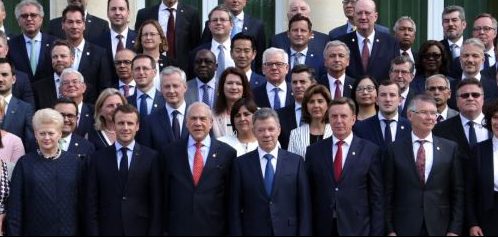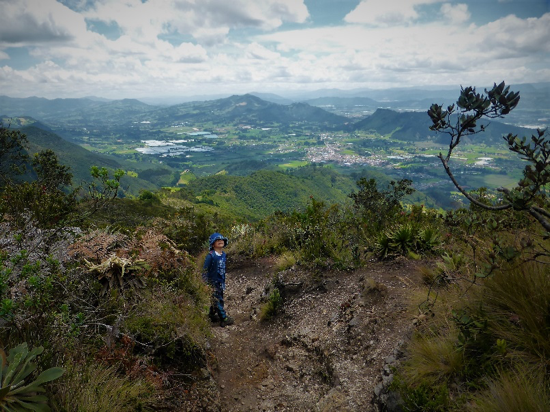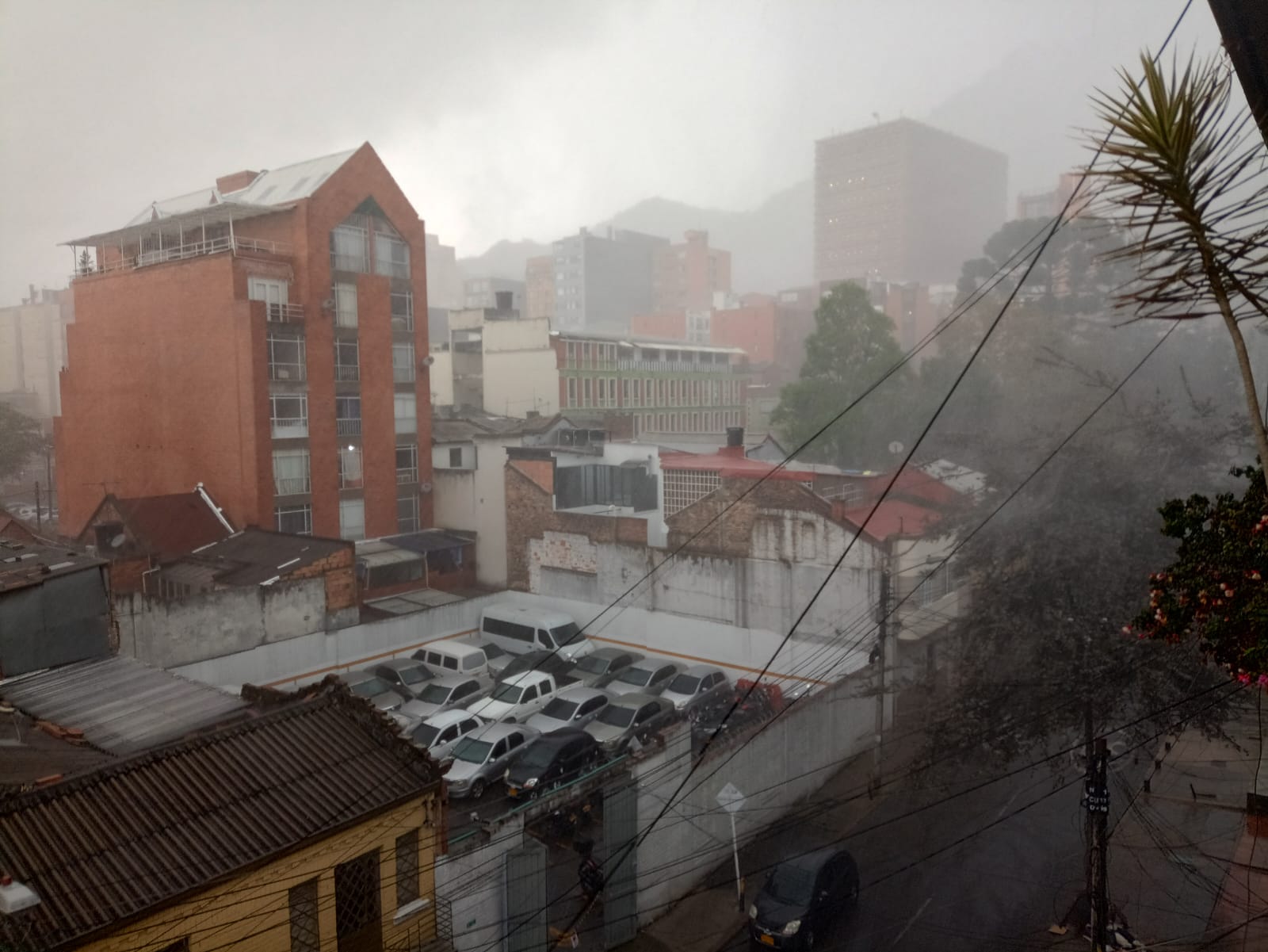
Grieving fans of Chapecoense at the team’s LOCKER ROOM. Image courtesy of El Destape.
At a press conference on Friday, Colombian civil aviation authorities confirmed that Lamia 2933 had crashed due to a lack of fuel and the pilot’s failure to make an emergency landing to refuel. The conclusion came 17 months after the crash, a tragedy that claimed the lives of 71 people, including all but 3 players of the Brazilan football club Chapecoense.
“The crew did not declare that they urgently needed to refuel, which meant that the air traffic control could not act in time and decided to continue with the flight,” Colonel Miguel Camacho Martínez, who was part of the official inquiry, said at the press conference.
Chapecoense were headed for Medellín from Bolivia to play Atlético Nacional in the first leg of the Copa Sudamericana and it would have been their first ever continental final after an extraordinary season. It crashed into a mountainside just outside Rionegro, killing 71 of 77 passengers on board. Three footballers survived the accident, one of whom was defender Alan Ruschel, who celebrated an emotional win recently this year by scoring in a friendly over Tubarao.
The transcript of the pilot’s conversations has since been published and read: “We need another 200kgs of fuel to get to Medellín. Lets keep going and see what happens. The flight plans are all rubbish at this speed. We’re fucked.To get to Bogotá we need 1,000kgs of fuel. We can’t get there.”
According to El Tiempo, these words were uttered before the plane had even reached Colombian airspace and that both pilots, Captain Miguel Alejandro Quiroga and co-pilot Fernando Ovar Goytia, were fully cognizant of the fact they did not have enough fuel to complete the journey to Medellin.
The plane crashed a mere 20km from, Jóse Maria Córdoba Airport, Medellin’s international transit hub.
“There was poor flight planning, low situational awareness in its execution, and mistaken decision making, all of which were affected by the desire to fulfill a transportation contract,” the official report of the inquest concluded.
As a result of the grave error made by the carrier, three men were jailed for their part in the crash. Gustavo Vargas Gamboa, the director of Bolivian charter airline LaMia, as well as the former air traffic supervisor of the Administration of Airports and Services to Air Navigation in Santa Cruz, Joons Miguel Teodovich were found culpable and sentenced. The son of Director Vargas Gamboa, Gustavo Vargas Villegas, has also been jailed for manslaughter.
Marco Antonio Rocha, the last remaining owner of Lamia refuses to return to Bolivia claiming he would not receive a fair trial on his role in the accident.
The air traffic controller for the flight, Yaneth Molina, has since released a book about the incident, ‘Yo También Sobreviví’ (I Also Survived). In the book she recounts how she dealt with the incident, being labelled as guilty – her innocence has since been proved – and the threats she had faced following the accident.





